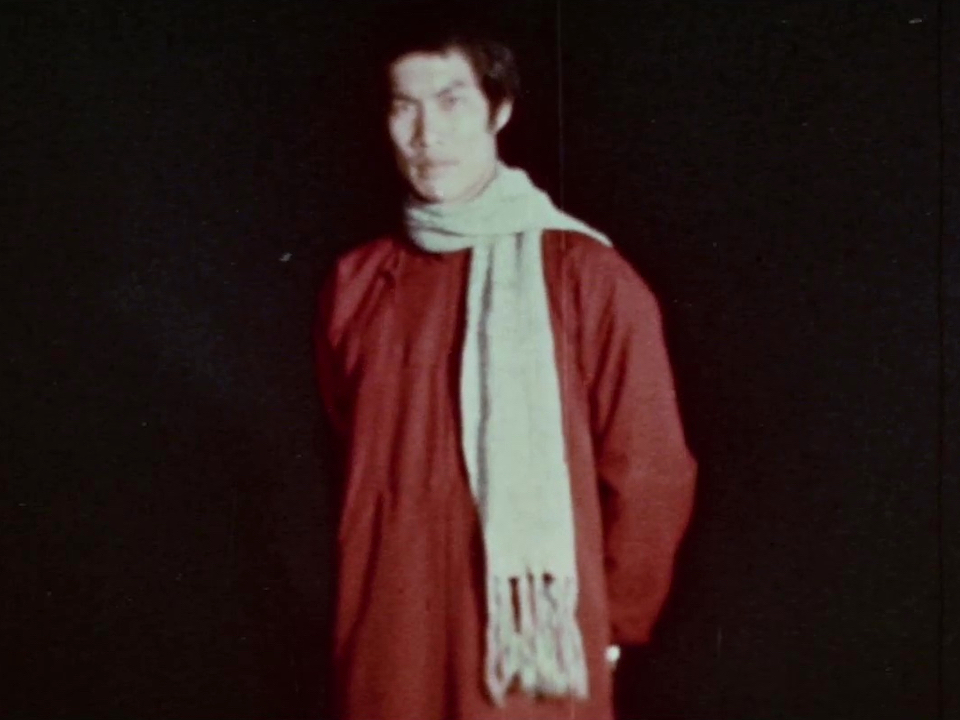
The French sinologist and situationist René Viénet bought the rights to the kung fu film Crush (Tu Guangqi, 1972). Using creative dialogue, he transformed it into a burlesque comedy about conquering alienation while decadent bureaucrats ply the ironies of a stalled revolution.
“Language, monsieur, is theft.”
Luc Moullet
“The cinema lends itself particularly well, among other possibilities, to the dismantling of the processes of reification. Certainly, historical reality can be attained, known and filmed only in the course of a complicated process of mediations, which permit consciousness to recognize one moment in another, its end and its action in destiny, its destiny in its end and its action, its own essence in this necessity. A mediation, which would be difficult, if the empirical existence of the facts themselves, was not already a mediated existence, which takes on the appearance of immediacy, only insofar as the facts have been ripped out of the network of their determinations, placed in an artificial isolation and poorly joined together, in the montage of classical cinema.”
René Viénet1
“In both its social-critical content and its self-critical form, it presents a striking contrast to the reformist whining and militant ranting that constitute most supposedly radical media. By turning the persuasive power of the medium against itself (characters criticize the plot, their own role in it, and the function of spectacles in general), it constantly counteracts the viewers’ tendency to identify with the cinematic action, reminding them that the real adventure - or lack of it - is in their own lives.”
Bureau of Public Secrets2
“The French word détournement is employed here for stealing, derailing, appropriating, misusing, re-enacting, rather than the specific term of appropriation that has acquired a special aura in an art-historical context, following John Stezaker's recognition that “appropriation is actually a misleading term, because it suggests mastery.””
Dimitrina Sevova3
“The reappropriating and recontextualizing of a work that already exists is the aspect of Can Dialectics Break Bricks? that makes it most interesting and relevant today, aesthetically as well as politically, because it raises the thorny issue of to whom cinema, film criticism, and film history belong. Realistically, they belong to anyone with a VCR, though some would say they belong to the state–and the state today, speaking emblematically rather than literally, is Disney. It is Disney and its client states that set our cultural agendas and rewrite our official film histories and critiques via the mass media. (The claim that “the public” dictates these agendas is merely a multicorporate rationalization for a process that takes place with and without the public’s consent.)”
Jonathan Rosenbaum4
- 1Keith Sanborn, “La Dialectique peut-elle casser des briques”, Program notes, UBU Web, 2019.
- 2Bureau of Public Secrets, leaflet circulated at a screening, Public Secrets: Collected Skirmishes of Ken Knabb, UBU Web, 1992.
- 3Dimitrina Sevova, “Curatorial note on Reality Manifestos”, Kunsthalle Exnergasse, 2012.
- 4Jonathan Rosenbaum, “Dubbed and Dubber”, Chicago Reader, February 1997.